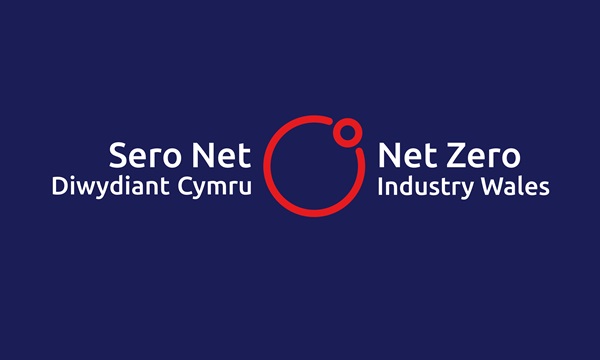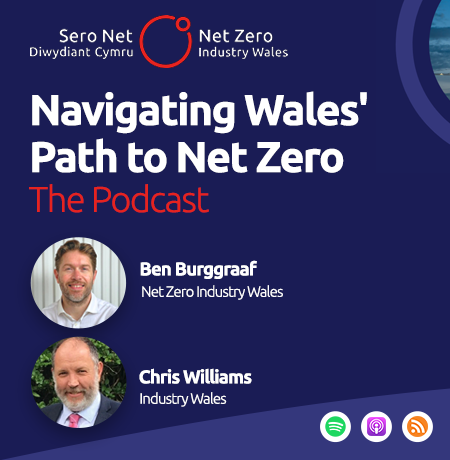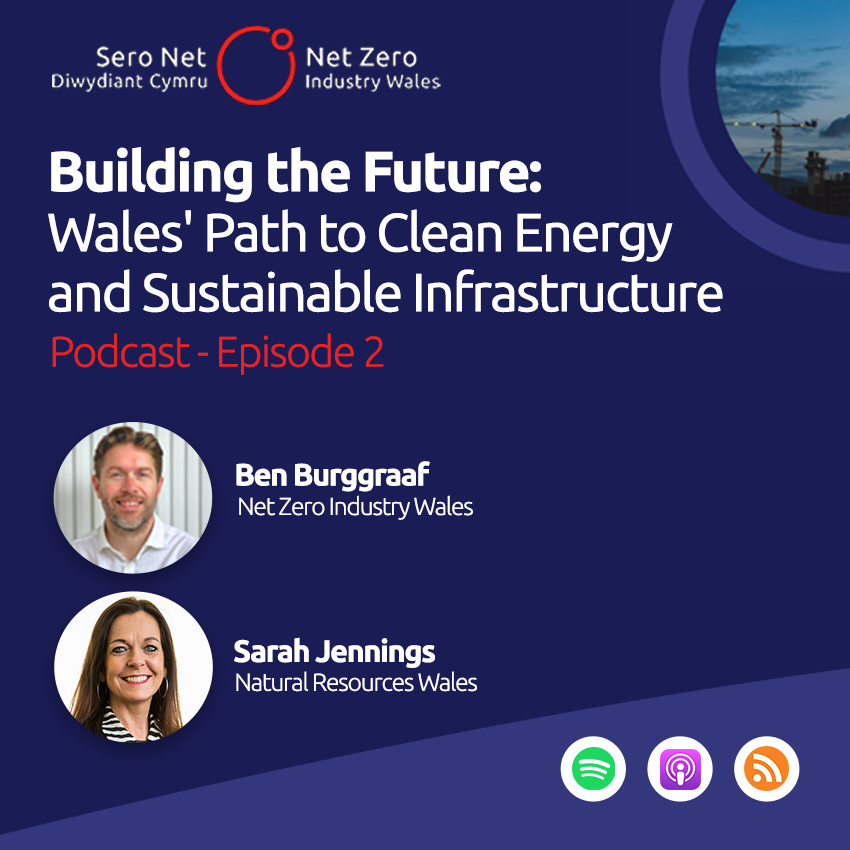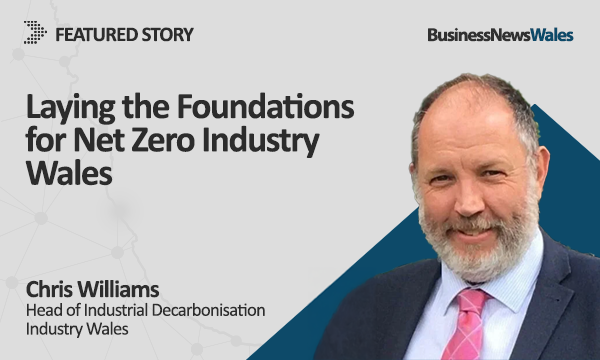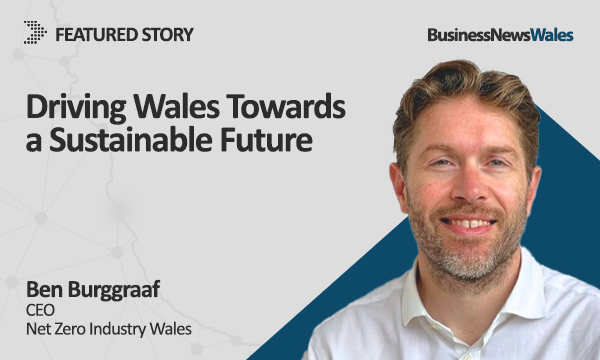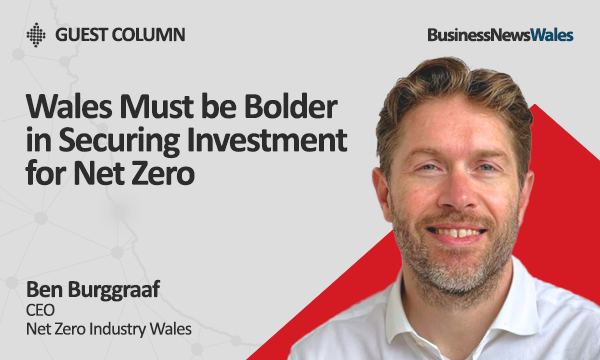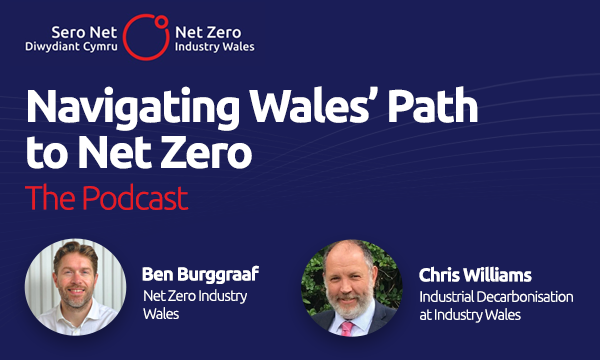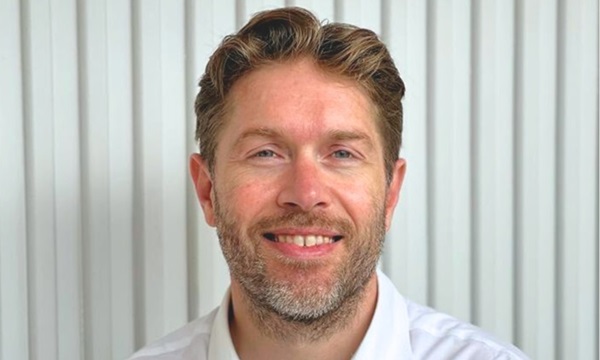
GUEST COLUMN:
Ben Burggraaf
CEO
Net Zero Industry Wales

Success is measured not by the number of plans we create or visions we share, but by the tangible impact we deliver on the ground. It’s about turning ambitions into action and creating meaningful change that inspires confidence, builds trust, and transforms Wales into a global leader in industrial decarbonisation and clean energy.
The first measure of success is delivering real investment into Wales — investment that transforms the aspirations outlined in the South Wales Industrial Cluster (SWIC) Deployment Plan and the North East Wales Industrial Decarbonisation (NEWID) Cluster Plan into reality. For far too long, industry and government have been good at presenting bold visions but have often fallen short of turning those visions into concrete outcomes.
This has created a gap in trust between industries and the communities that surround them. To bridge that gap, we need visible, impactful change. Investment that brings new technologies, infrastructure, and opportunities for Wales’ industrial heartlands will not only demonstrate progress but also inspire hope. Real investment provides the foundation for a clean industrial revolution, showing that we’re not just talking about change, we’re making it happen.
Equally important is fostering collaboration. SWIC has been instrumental in bringing together companies to share knowledge, align goals, and move forward collectively. This networking element, creating connections, encouraging dialogue, and building partnerships, is critical to success.
But collaboration isn’t just about established players. It’s about opening the door for new organisations, companies, and individuals to join the journey to net zero. By empowering new participants, we can expand the cluster’s impact, drive innovation, and ensure that the benefits of decarbonisation are shared widely across Wales.
Success also hinges on the development of strong, place-based industrial hubs. These are centres of activity that serve as focal points for decarbonisation efforts. In Wales, these hubs include Milford Haven, Port Talbot, Cardiff, Newport, Barry, Merthyr Tydfil, Deeside, and Wrexham.
Each hub must have a clear purpose, a defined narrative, and ownership by ‘anchor companies’ that lead the way in their respective regions. As Net Zero Industry Wales, our role is to support these hubs by fostering collaboration between anchor companies and infrastructure providers.
The hubs are not isolated efforts; they are interconnected nodes in a larger system. Success lies in connecting these hubs through shared infrastructure, whether it’s ports, electricity grids, hydrogen networks, or water systems. This integrated approach allows hubs to share energy flows and materials, strengthening the overall resilience and efficiency of the industrial cluster.
Ultimately, success for Net Zero Industry Wales is about transforming Wales into a beacon of industrial sustainability. It’s about moving from making plans to taking action, building trust with communities, empowering industries to decarbonise, and creating a connected network of industrial hubs that support each other through shared resources.
This journey is challenging, but it is also incredibly rewarding. By delivering real investment and fostering collaboration, we can create a clean industrial revolution that places Wales at the forefront of sustainable industry, and that is what success looks like to me.

